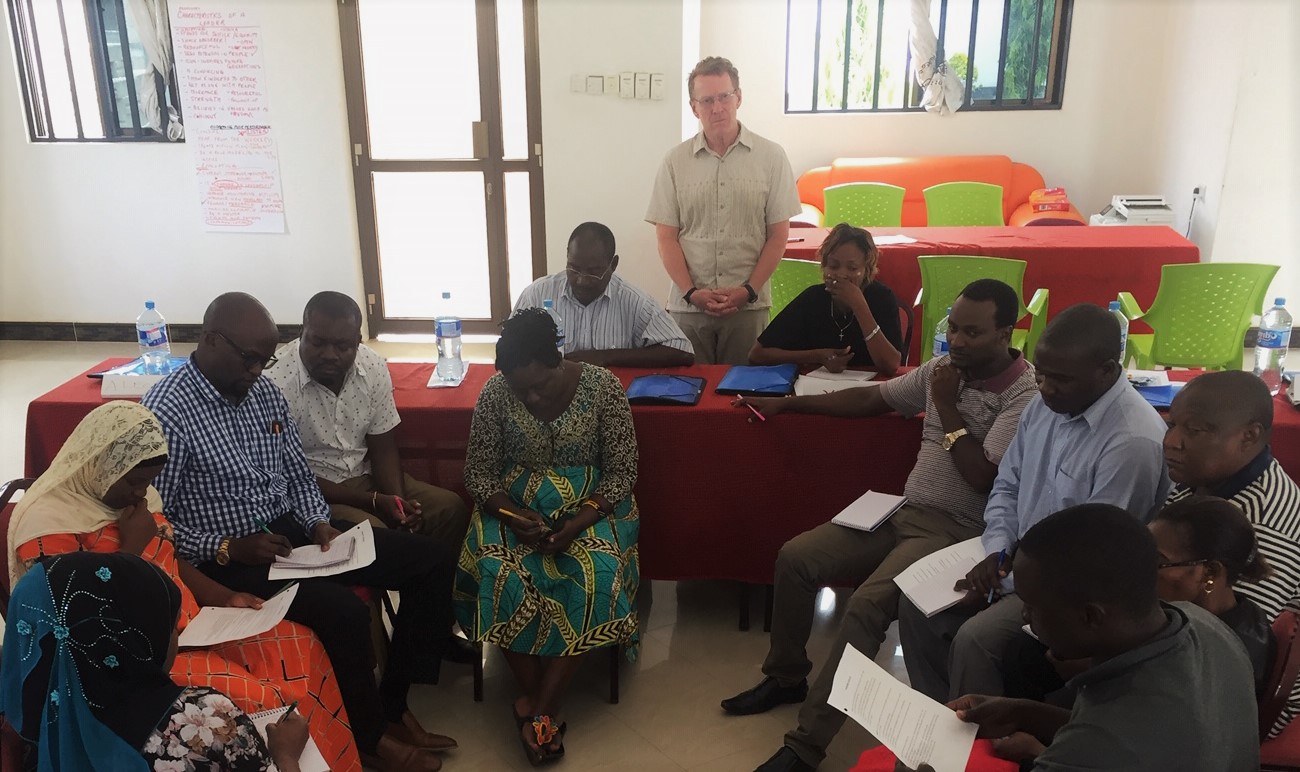The Tabora Maternal and Newborn Health Initiative (TAMANI) is a project led by CARE Canada, in partnership with the Association of Obstetricians and Gynecologists of Tanzania (AGOTA), Canadian Association for Global Health (Canadian Society for International Health), McGill University, and the Society for Obstetricians and Gynecologists of Canada (SOGC).
The TAMANI project is being implemented in Tabora Region, with the goal of improving both the quality of reproductive, maternal, newborn health services available, and women and girls' access to health care. Funded by the Government of Canada, the project aims to improve both the supply and demand of reproductive, maternal and newborn health care.
TAMANI is also working closely with regional and district level health planners to effectively plan for, and deliver respectful and skilled reproductive health care, improve the skills of health care workers to effectively manage labour and delivery, and support communities to address local barriers that impede access to health care, especially for women and girls.
CAGH worked primarily to build the capacity of local health authorities, including: regional and district health management teams, and health facility managers. CAGH built on the experience implementing the SUSTAIN Project, as well as the ENRICH project, using lessons learned to improve approaches and sustainability of interventions. CAGH worked closely with project partners, especially CARE Tanzania, to carry out activities.
The overarching objective of CAGH’s contribution to TAMANI was to strengthen the capacity of reginal and district health systems managers to effectively plan, manage, and deliver quality gender sensitive reproductive, maternal, and newborn health services. This was realized through the training, coaching and mentoring of local government authorities on:
- Gender sensitive supportive supervision of RMNH health services
- Health management information systems
- Effective planning and budgeting of RMNH health services
CAGH worked with a team of Canadian consultants and advisors, as well as local partners, to prepare and deliver workshops and training programs to local health authorities. CAGH worked to improve mentoring and coaching techniques for an effective cascade of knowledge from regional to district health managers, and then onto health facility managers. CAGH also worked directly with health facilities to ensure they have the tools necessary to effectively manage delivery of services.

